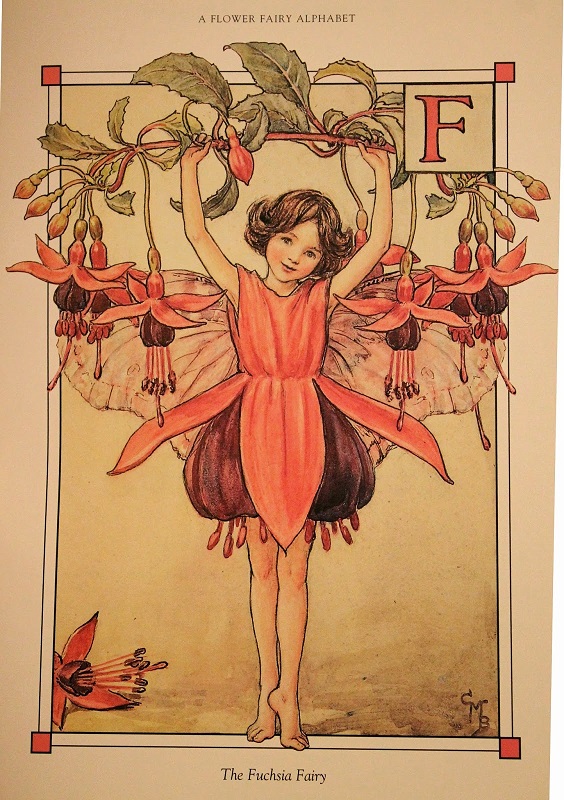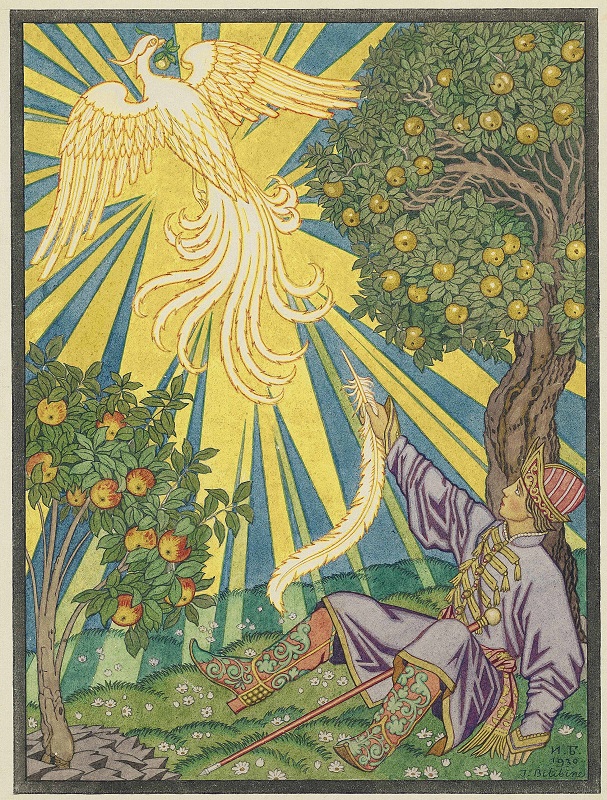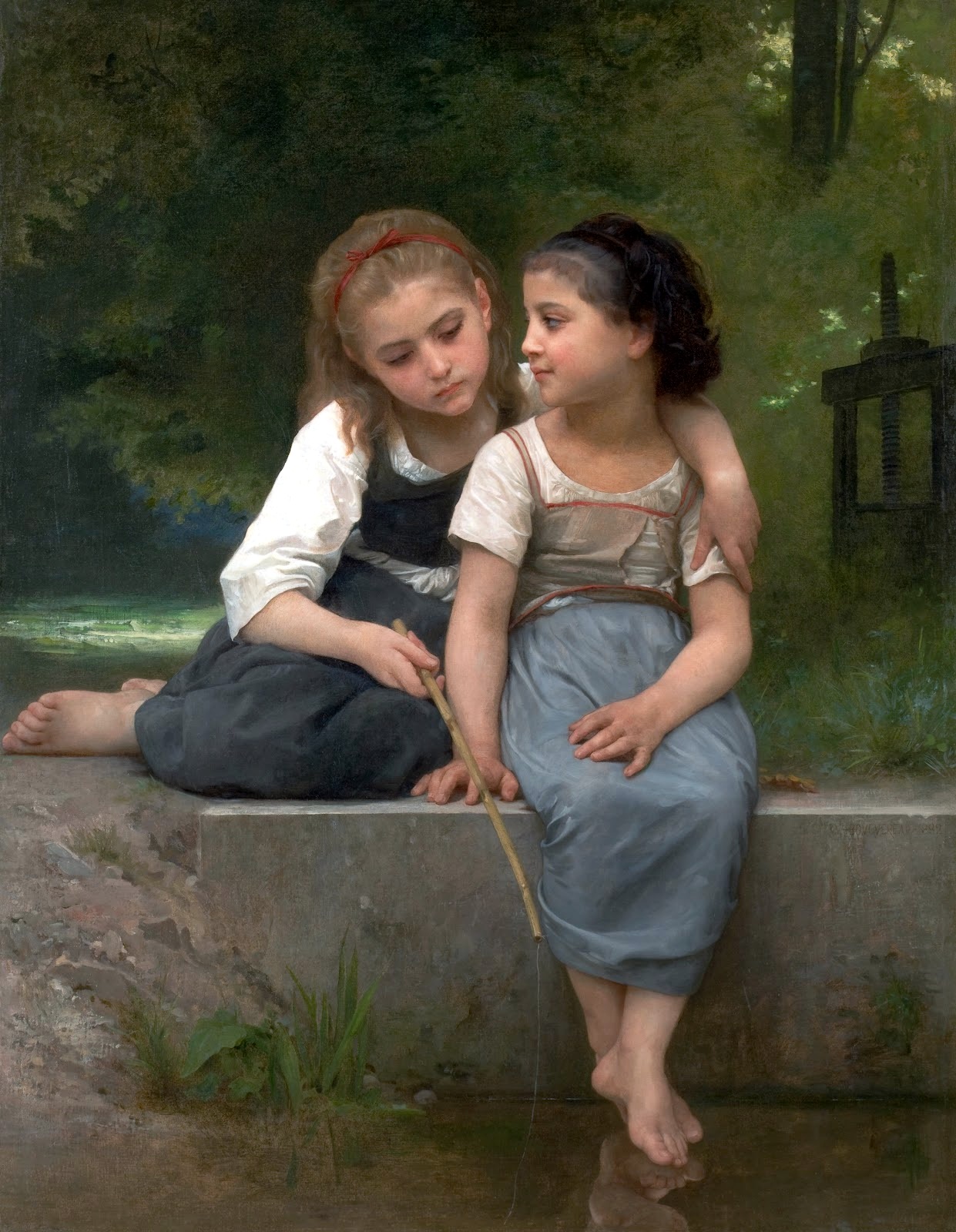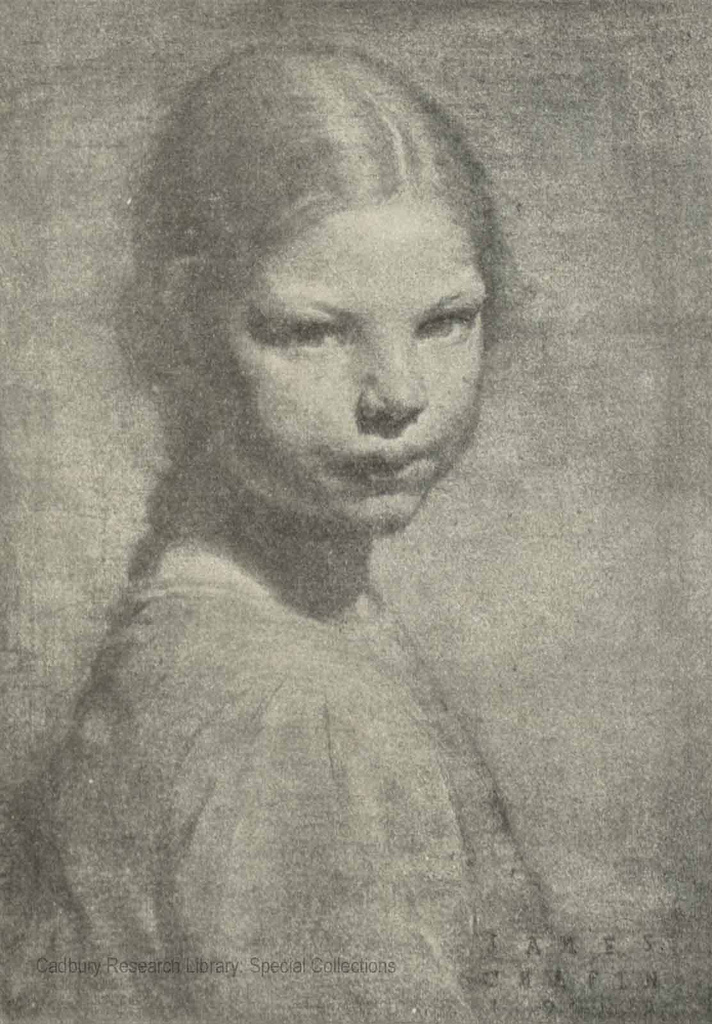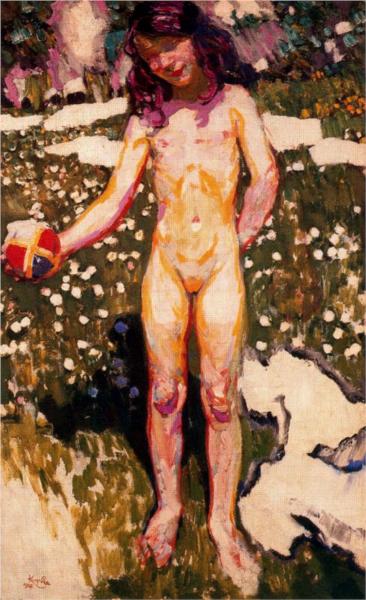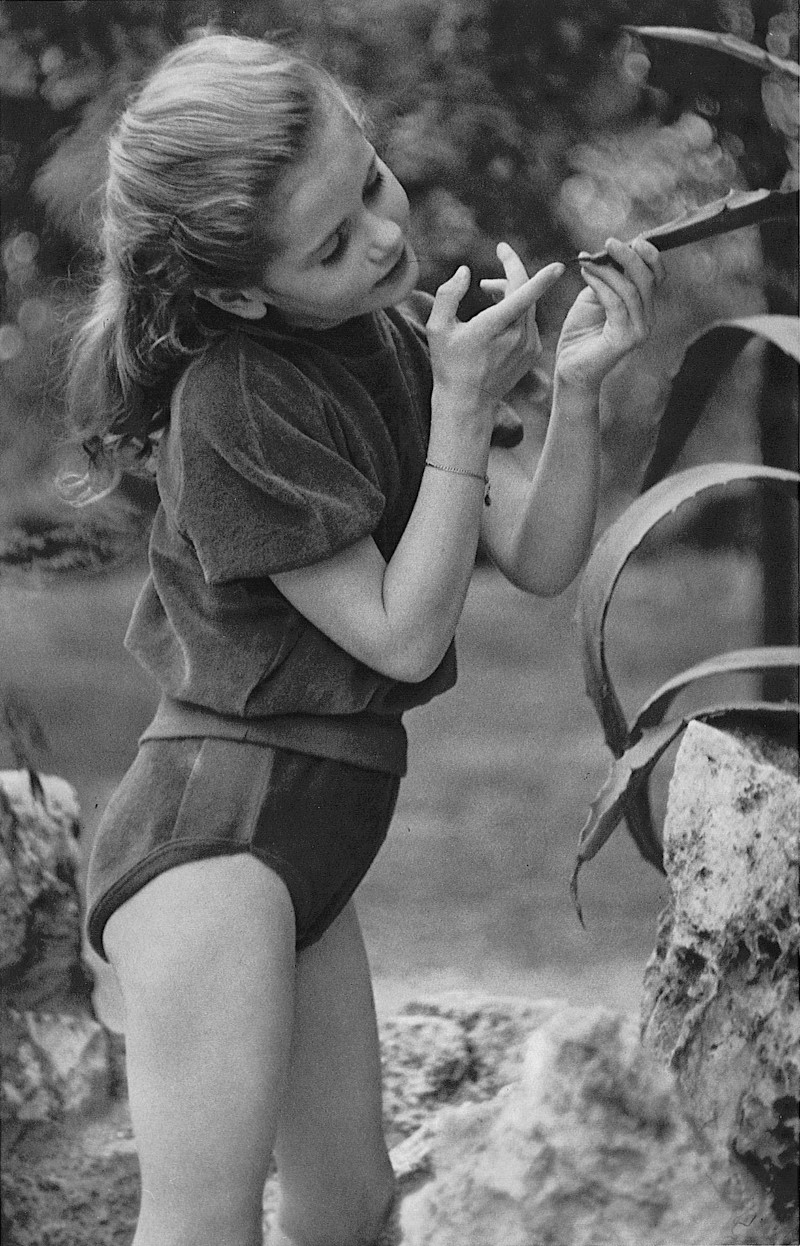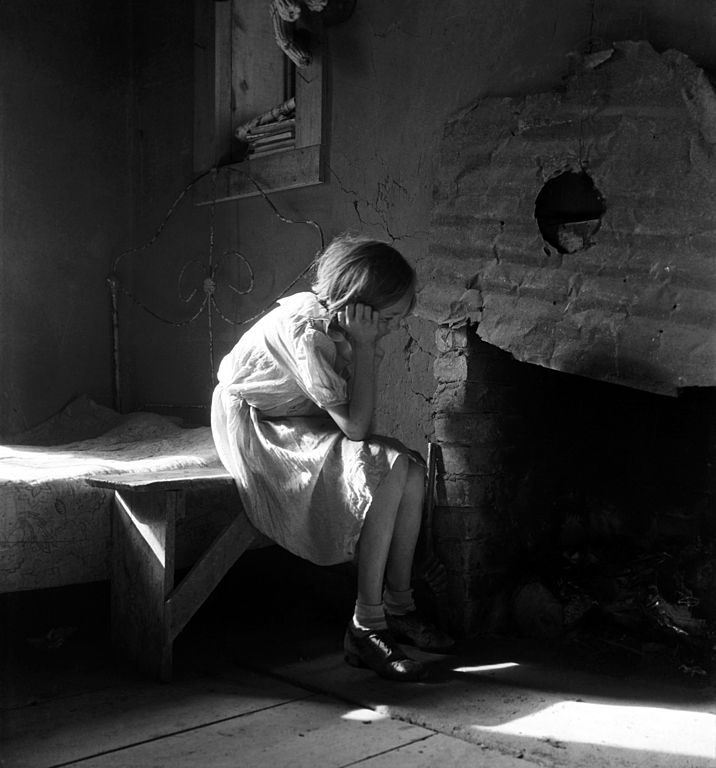
I have recently presented “You’re Lost Little Girl,” the second track of the album Strange Days by The Doors, and I said that this song probably refers to William Blake’s poem “A Little Girl Lost” in Songs of Experience (1794). Commenting the repeated line “You’re lost little girl” in the song’s lyrics, Genius says about Blake’s poem “A Little Girl Lost:” CONTINUE READING / CONTINUER LA LECTURE…


